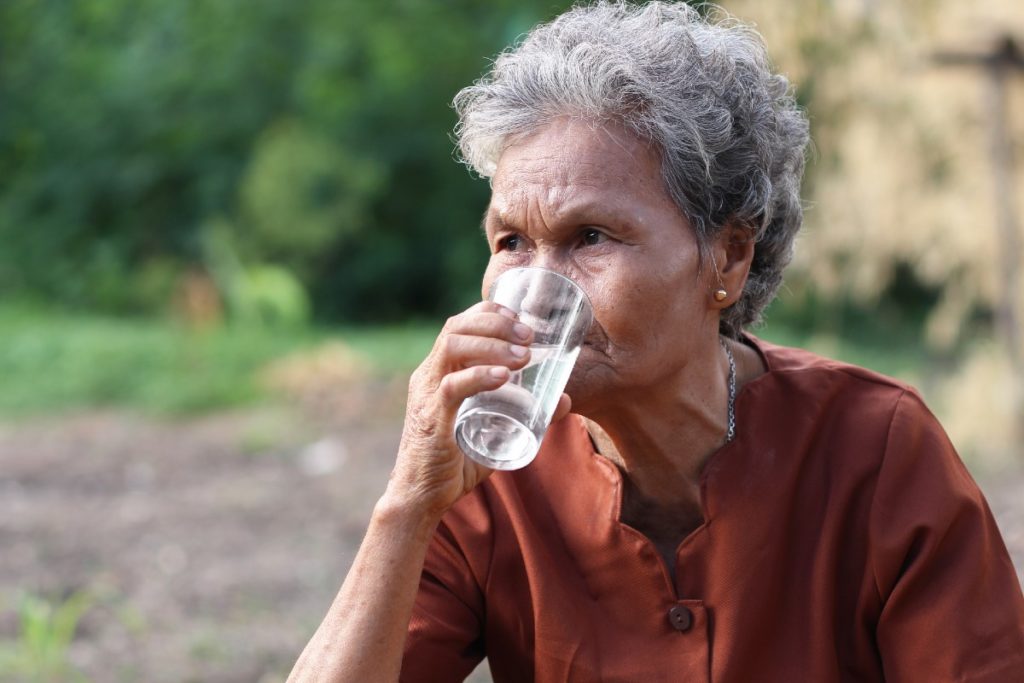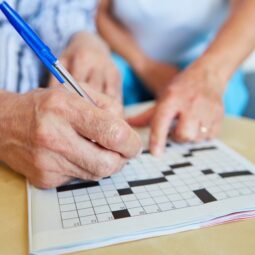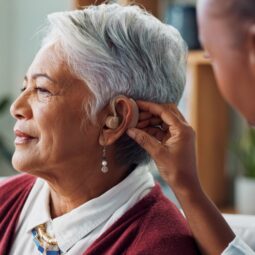
Q: I recently found my independent, 84-year-old dad delusional, disoriented and too weak to walk. The diagnosis: dehydration. How could this happen?
Elderly people often underestimate their fluid needs and can run into dehydration trouble very easily. It’s a common problem that should get more attention, and as you saw, it can have serious consequences.
Q: Can dehydration be mistaken for dementia?
Dehydration is a common cause of delirium — a sudden and serious change in cognition and attention that can look a lot like dementia.
Q: What other dangers can it post to older people?
The risk of falls and hip fractures rises with delirium and weakness. Dehydration also can impair kidney function and, in some, cause kidney failure. Severe dehydration can lower blood pressure, reduce blood flow to the brain and heart and, in rare cases, cause a stroke or heart attack.
Q: Does thirst decline as we age?
It does, and it also declines with many medical conditions of aging, such as Parkinson’s and dementia.
Q: What else contributes to dehydration in seniors?
- Many older people experience a kind of “anorexia of aging,” where they just don’t want as much food or water.
- They may drink less due to dental issues or swallowing difficulties.
- People with incontinence may drink less to avoid urinary accidents.
- Chronic conditions, such as diabetes and kidney disease, make it harder for the body to regulate water balance.
- Some medicines (diuretics, laxatives) increase fluid loss, and older kidneys and livers are less able to metabolize them, which increases their effects.
Q: What are the signs of dehydration?
Sunken eyes, dry mouth, and skin that stays tented when pinched are early signs. Confusion, altered speech, and lightheadedness upon standing may indicate more severe dehydration.
Q: What’s your advice to help seniors stay hydrated?
- Check in periodically with the older people in your life to make sure they are drinking enough and are able to recognize when they need fluids.
- If they can’t remember to drink enough, they might need prompting. Pre-filling water bottles each morning with the daily goal (about 7 cups for women and 8 for men, barring medical issues that affect fluid balance) is a helpful reminder system.
- Focus on fluids they enjoy. Sugary drinks aren’t advised, but are better than nothing. Avoid alcohol over 4% ABV, which leads to net fluid loss.
- If a health issue is preventing someone from drinking enough, address it with a health care provider.


